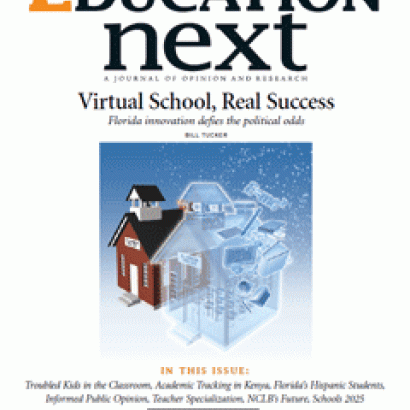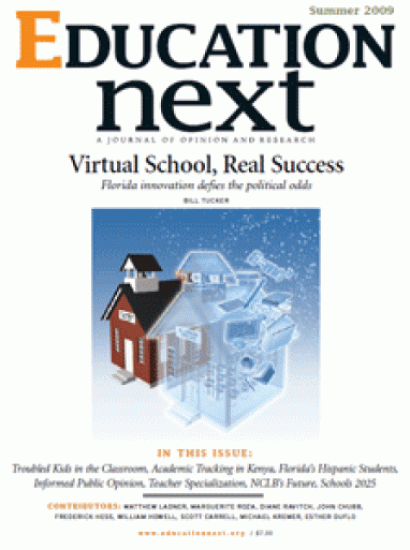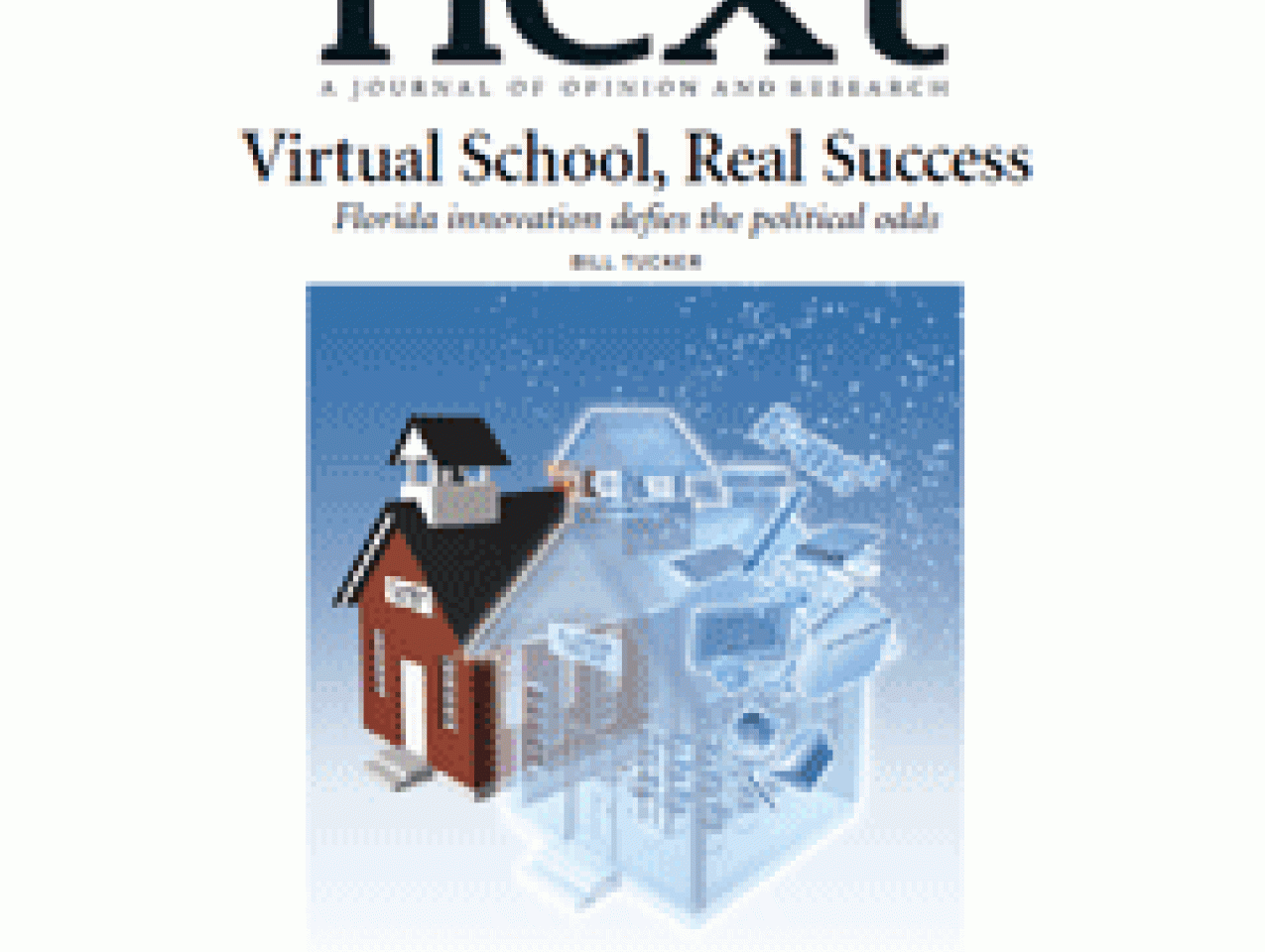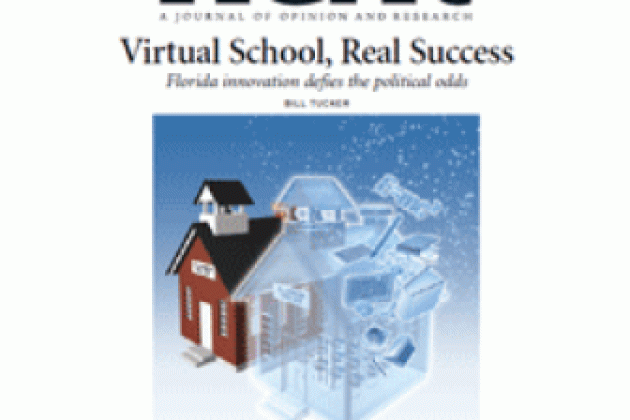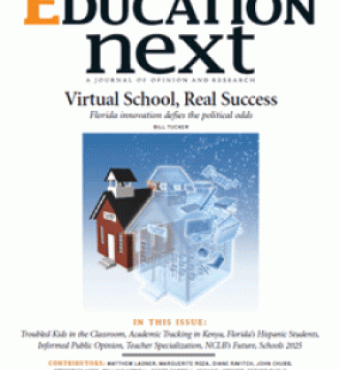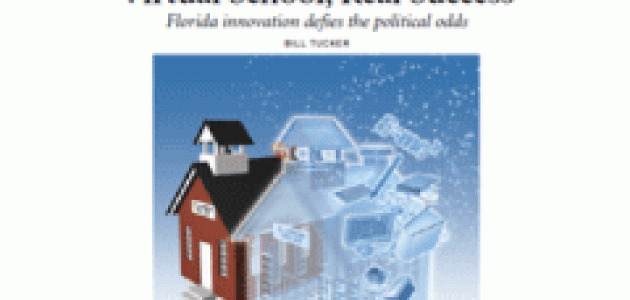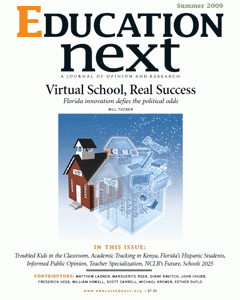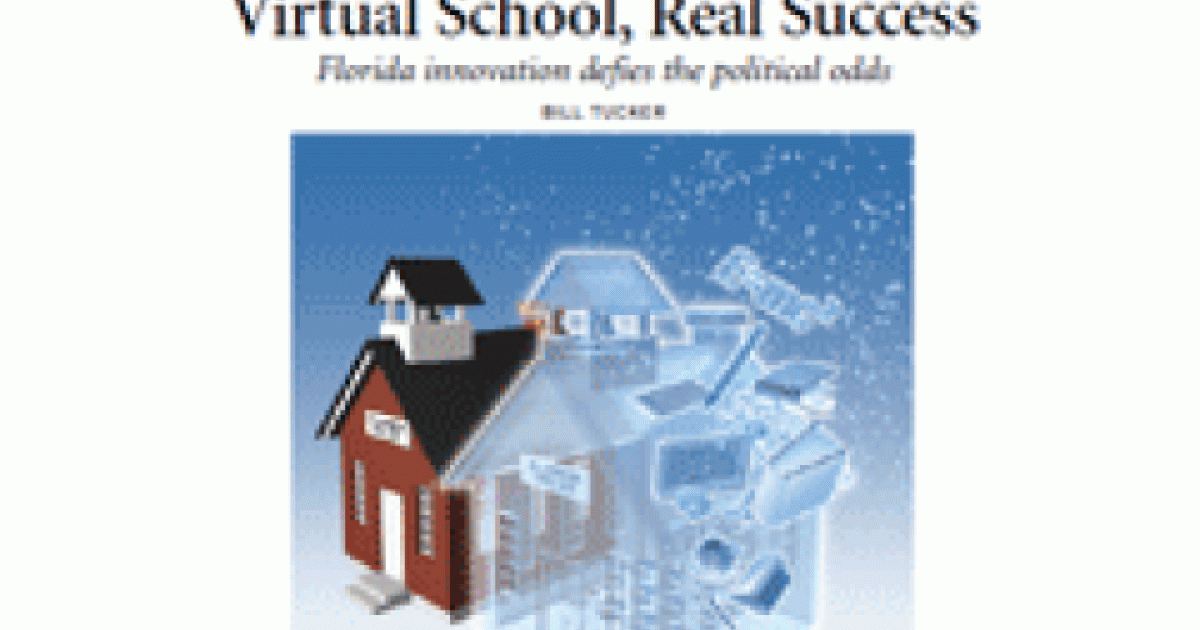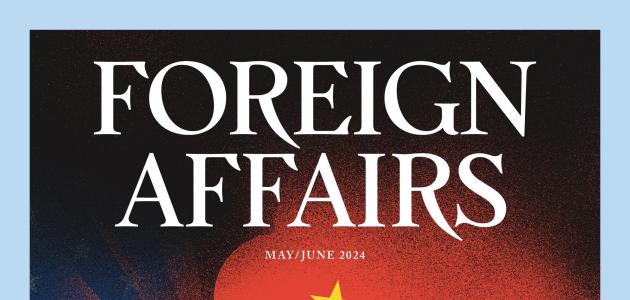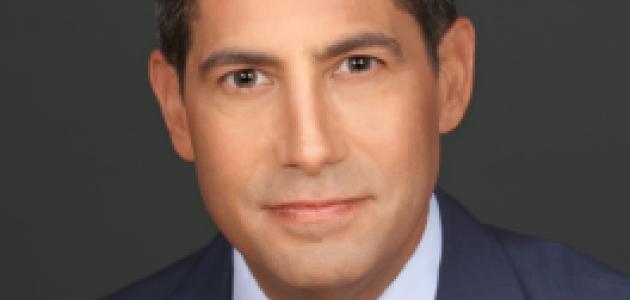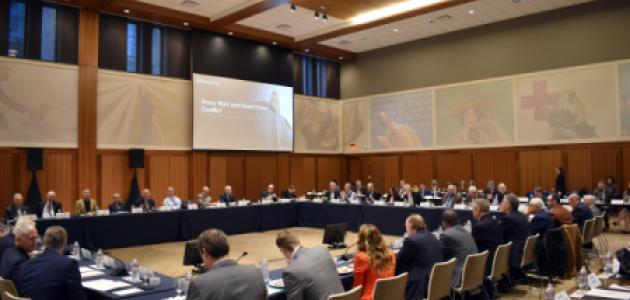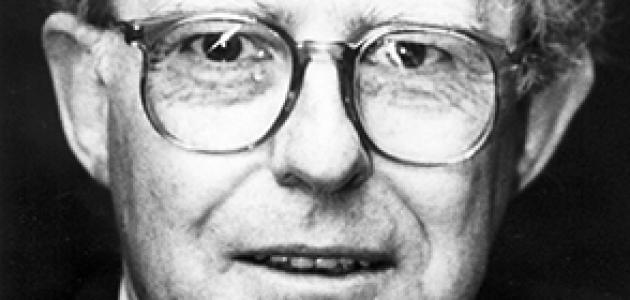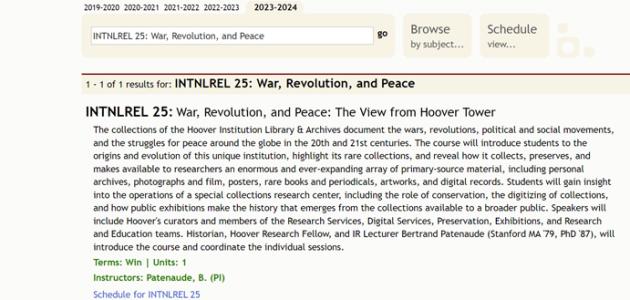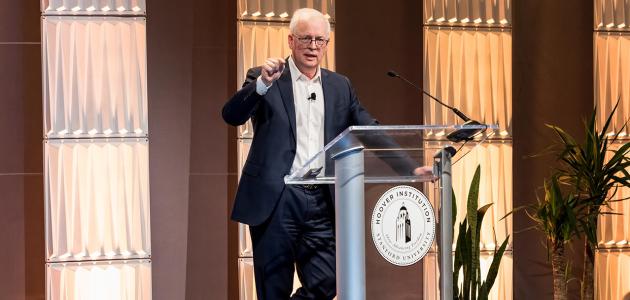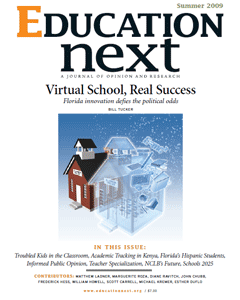
Contact:
William G. Howell, University of Chicago, (312) 550-3767
Martin R. West, Brown University, (401) 863-6467
STANFORD -- Education researchers William G. Howell of the University of Chicago and Martin R. West of Brown University have released newly compiled evidence from the 2008 Education Next/PEPG survey which shows that if the public is given accurate information about what is currently being spent on public schools, their support for increased spending and confidence that more spending will improve student learning both decline. And they find that knowing how much the average teacher earns lowers support among the general public for salary increases.
According to the 2008 national survey by Education Next and the Program on Education Policy and Governance (PEPG) at Harvard University, most of the public has an inaccurate picture of how much is spent on public schools and how high teacher salaries are. Most are also inclined to support increases in both.
To understand how public opinions shift, Howell and West embedded a series of experiments within the Education Next/PEPG survey by dividing respondents into randomly chosen groups: some were simply asked their opinion about school spending and teacher salaries, while others were first provided with accurate information about each of these issues.
The average per-pupil spending estimate from respondents to the 2008 Education Next/PEPG survey was $4,231, and the median response was just $2,000; but for these respondents, local average spending per pupil at the time exceeded $10,000. When told how much the local schools were spending, support for increased spending dropped by 10 percentage points, from 61 percent to a bare majority of 51 percent.
Howell and West find that these differences in opinion based on exposure to key information are consistent across a wide range of socioeconomic backgrounds, views about the local public schools, and political ideologies.
“It’s clear that the American public is quite willing to update its views in light of new information about public schools,” Howell and West said.
Interestingly, note Howell and West, differences also appear among teachers, whom one might think already have deeply entrenched and well- informed views about public education. Whereas 35 percent of teachers not specifically informed of spending levels claimed that spending should “greatly increase,” only 22 percent of those who were told the amount of money spent to educate a child in their district thought so. Additionally, 29 percent of uninformed teachers expressed strong confidence that increased spending would boost student learning. When exposed to the current spending in their district, however, that confidence dropped by 9 percent.
As with per-pupil expenditures, the public significantly underestimates how much their states pay public school teachers. On average, Education Next/PEPG survey respondents underestimated average teacher salaries in their state by more than $14,000, nearly one-third of the actual average salaries of $47,000.
When asked directly, 69 percent of the public supported increasing teacher salaries. African Americans and teachers appeared most enthusiastic about increasing teacher salaries, with roughly 9 out of 10 endorsing the idea. When provided with the facts, support among the general public decreased by 14 percent. The two most enthusiastic groups of supporters of increasing teacher salaries, however, responded very differently from one another to the experiment. Support for increasing salaries dropped by 20 percentage points (from 91 to 71 percent) among African Americans who were told about actual teacher salaries. Support among teachers, meanwhile, dropped by just 8 percentage points.
The fact that information had especially large and negative effects on support for increased teacher salaries among African Americans and those least satisfied with their local public schools may hold important implications for the politics of education in the large urban districts where these groups are most concentrated.
“An urban superintendent seeking to reform teacher compensation might well increase support among the district’s constituents by ensuring that they have accurate information about what teachers currently earn,” Howell and West suggest.
Attitudes on Charter Schools
Howell and West also studied the affects on public attitudes toward charter schools when accurate information is made available.
The 2008 Education Next/PEPG survey revealed widespread confusion about charter schools. For example, less than 1 in 10 respondents knew that charter schools may neither charge tuition nor provide religious instruction. Howell and West found that providing additional information scarcely affected responses of the public as a whole. However, public attitudes are dramatically different when grouped according to self identified political ideology. Forty-nine percent of conservatives and 36 percent of liberals who were not provided information supported charter schools. But when they were told that charter schools are tuition-free and secular, support dropped among conservatives by 6 percentage points and increased among liberals by 11 percentage points. Indeed, when provided information, liberals were 4 percent more likely to support charter schools than were conservatives.
These last findings suggest that information may actually polarize the debate over charter schools – and could also portend a major shift in the political landscape of school choice, note Howell and West. Charter schools have been traditionally been seen as an education reform effort championed by conservatives. Yet Howell’s and West’s findings show that basic facts about the design of charter schools appeal more to liberals.
“If the public becomes more informed about charter schools, it’s possible that support may shift from the right to the left of the political spectrum,” Howell and West point out.
Read “Educating the Public” now available online and in PDF format.
William G. Howell is associate professor in the Harris School of Public Policy at the University of Chicago. Martin R. West is assistant professor of education at Brown University and an executive editor of Education Next .
Education Next is a scholarly journal published by the Hoover Institution that is committed to looking at hard facts about school reform. Other sponsoring institutions are the Harvard Program on Education Policy and Governance and the Thomas B. Fordham Foundation.







